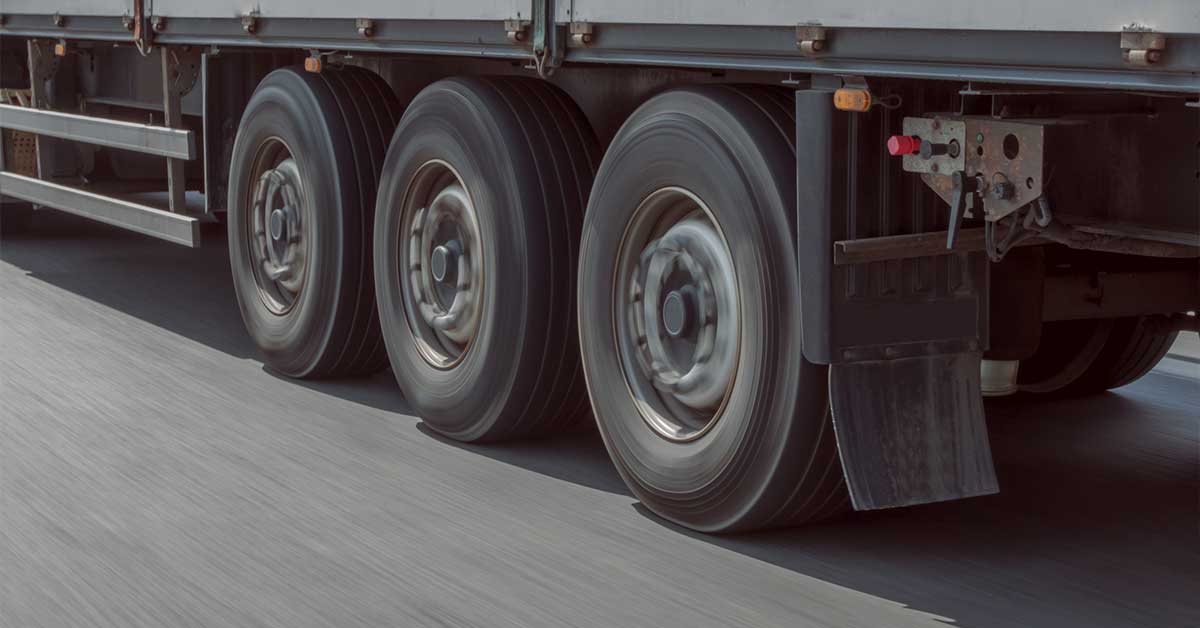As a property manager or business owner, maintaining the quality of your commercial paving is important. Whether you’re managing a parking lot, driveway, or access road, the constant movement of vehicles – especially heavy equipment – can take a toll on your asphalt or concrete surfaces. While concrete and asphalt are both popular choices due to their durability, even the strongest materials will experience wear and tear over time, especially when exposed to heavy vehicles regularly. But exactly how does heavy equipment impact commercial paving surfaces? Keep reading to discover the answer.
How Does Heavy Equipment Impact Commercial Paving Surfaces?
When heavy trucks, construction equipment, or delivery vehicles frequently use your pavement, the material can begin to deteriorate faster than expected. Asphalt or concrete by nature is flexible, but the weight of these large equipment or vehicles puts immense pressure on the surface, which can lead to stress fractures. Over time, this can cause cracks and even potholes. If left untreated, these minor issues can escalate, allowing water to seep into the lower layers, further weakening the structure and causing more significant damage.
It’s important to understand that the wear on commercial pavements isn’t just about the weight of the vehicles. The distribution of that weight across tires, combined with the frequency of use, also plays a big role. Large trucks and machinery tend to concentrate their weight in specific areas, making those spots more vulnerable to damage. As these vehicles pass over the same spots repeatedly, the surface weakens, leading to faster degradation.
While it’s impossible to completely avoid the damage caused by heavy equipment, there are ways to extend the life of your asphalt or concrete pavements.
Proper Design & Installation
The design and installation phase is one of the most important factors in determining the lifespan of your paving. A well-designed foundation is crucial in preventing long-term issues like subgrade failure, which can occur when the ground beneath the pavement can’t support the weight of the vehicles above it. For instance, if you know your property will need to accommodate heavy trucks or machinery, increasing the thickness of the asphalt or concrete layers during installation can prevent premature wear.
Regular Inspections & Maintenance
Routine inspections allow you to catch small problems before they become major issues. This proactive approach not only saves you money in the long run but also keeps your property safe for both vehicles and pedestrians.
Timely repairs, such as patching cracks and filling potholes, can prevent further deterioration and help maintain the structural integrity of your asphalt or concrete surfaces. Scheduling regular sealcoating for asphalt and reapplying protective layers for concrete will also help guard against environmental factors like water and UV rays.
Traffic Management
One often overlooked aspect of maintaining commercial paving is how traffic is managed on the property. Simple measures like setting speed limits, enforcing weight restrictions, and ensuring proper signage can reduce the stress placed on your pavement. Educating drivers about the importance of following these guidelines is also essential for minimizing damage.
By keeping heavy vehicles off high-traffic areas when possible and creating designated parking spots or routes for them, you can significantly reduce wear and tear on your asphalt or concrete surfaces.
Ready to enhance the durability and longevity of your commercial paving? Contact Wright Construction today for expert solutions tailored to your property’s needs. Let us help you protect your investment with high-quality materials, professional installation, and reliable maintenance.
